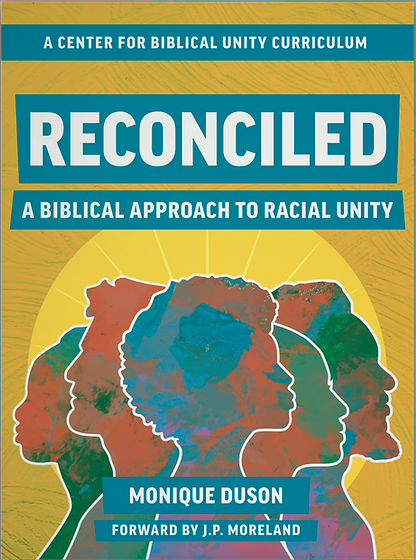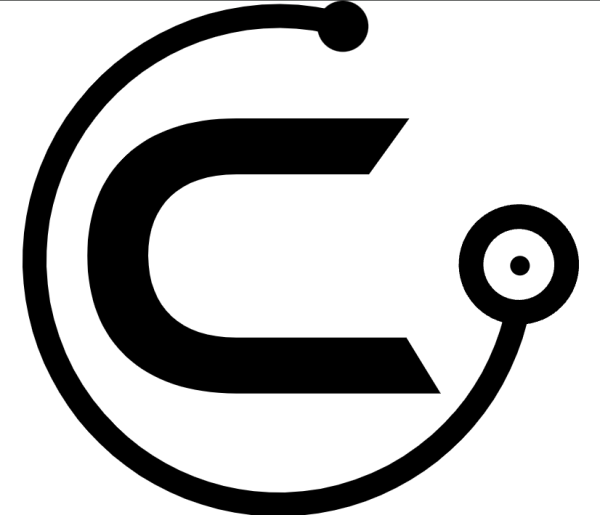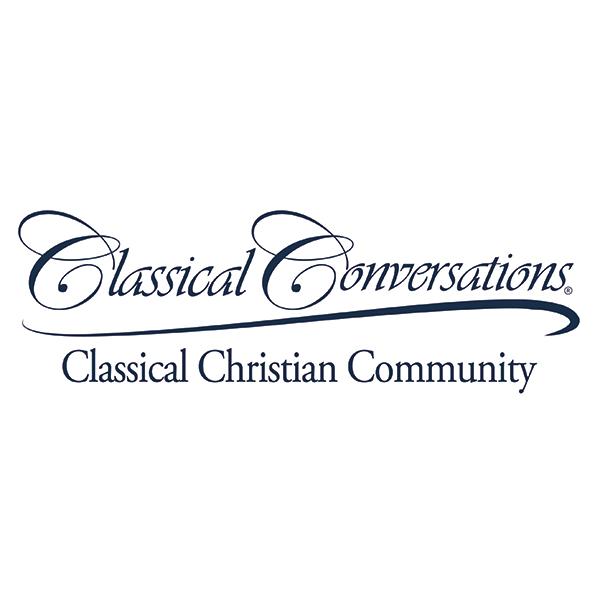With March for Life happening this past weekend in Washington, D.C., it made me think a lot about how in the world we got here. It seems so simple and straight forward that abortion is wrong. But for one reason and a host of others, the topic of abortion has been and continues to be extremely controversial. So we have these marches with like-minded people. We march (or support those who do) to say, NO. We don’t agree with this madness and we want abortion to stop.
Pragmatism
It’s crazy to think that the “right” to kill babies in the womb is controversial. But I’d have to argue that at least in part, it’s due to the elevation of the importance of pragmatism (i.e. what makes most “sense” practically speaking). When you consider how we have marginalized ethics, specifically biblical ethics, it makes even more sense. We have placed front and center the “ethics” of feelings (over facts) above biblical ethics. And these are the horrific results.
One popular argument that pro-choicers make is that young women have to focus on their own education/job/life. They may not have the time or the energy or the financial resources to devote to an unwanted or unexpected child. Some would even argue that somehow, in their convoluted, selfish thinking, it’s actually more self-LESS to choose to kill a baby rather than allow them to “suffer” a difficult or challenging life.
All of these reasons may seem very “practical” or pragmatic. But all of these reasons are devoid of any kind of ethics. The only ethics these pragmatic sentiments depend on are secular humanist ethics that essentially comes down to: Look out for yourself first (i.e. survival of the fittest). Just do what makes sense for you above anyone else.
What is the job of medicine?
I was listening earlier to Allie Beth Stuckey’s Podcast, “Relatable.” She recently had on someone who worked as a nurse in a large hospital for several years. The one thing that really stood out to me was that the nurse said how doctors several years ago who were asked, “What is your main goal as a doctor?” would have answered, “To do good and help others.” However now, when doctors are asked that, they answer, “To provide a service to patients.” That answer sounds benign, but it has huge implications.
Rather than focus on what is best for the patient, the focus is on providing services to the patient, devoid of any kind of necessity or ultimate good. Specifically in this podcast, they were talking about surrogacy. But here, as well as abortion, more than one person is affected by the medical choices of others. And in both cases, they are acting against the natural course of procreation designed by God.
The pragmatism of our culture would have us accept as completely normal and OK to support surrogacy and/or abortion. According to the cultural norm, this makes most practical sense for the women involved. Unfortunately, both in surrogacy and abortion, the data and research shows how it’s dangerous and harmful to not only the woman, but the baby in her womb (clearly this is the case for abortion, but again, according to the data, also for surrogacy).
Science supports God’s design is best. Shocker, right?
There is something terribly wrong
Clearly, something is missing in our culture. And that something is a biblical ethic that provides clarity, discernment, and wisdom when facing these difficult situations. Life is hard and complicated. And when medical advancements provide easy (or minimally easier) answers to our predicaments, it can muddy the waters of what the right decision is. But ultimately, just because we can do something, doesn’t mean we should. When we go against God’s design, the probability of increasing problems (no matter how well intentioned) is bound to happen.
What can we do?
So how do we learn (or re-learn) ethics and focus on teaching it to our children? The best and most impactful way is through stories. The written word is powerful. Of course, right now, all forms of entertainment are having an incredible influence over our children. But books can also have an effective influence on teaching our kids how to critically think and be grounded in what is true and good.
That is why currently, there are many books being promoted to our children with a very specific ideology. They teach our kids that “you are enough.” Or “just do it” and “you deserve it.” Newsflash: We are not enough, we should think before we “do,” and the only thing we deserve is God’s judgment. But praise His name, we have Jesus to continually point our children to for His grace and truth. He is enough.
Parents, ground your children on what is true, what is beautiful, and what is good. All of these stem from the holy and good God we know from Scripture. Amen?
And remember, MHM carries MANY awesome books that are all from a biblical wordview (whether the author intended it to or not). Check them out! We have our children for such a relatively short amount of time. Let’s use that time grounding them on foundational truths.












